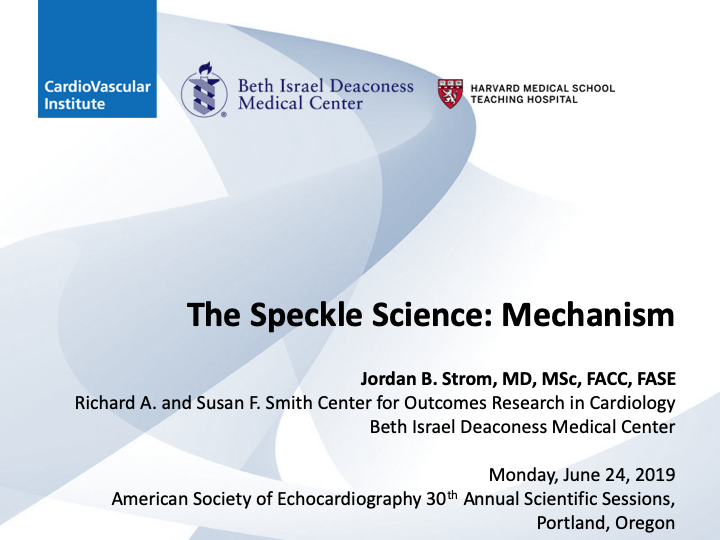Higher saturated and trans fat intake -> higher systemic inflammation & proinflammatory cytokine levels (tnf-α)
J Card Fail. 2005 Oct; 11(8):613-8
Elevated plasma trans fatty acids were strongly associated with elevated markers of systemic inflammation: interleukin (IL) 1beta, IL-6, TNF α, monocyte chemoattractant protein, & elevated BNP
Am J Clin Nutr. 2004 Dec; 80(6):1521-5









